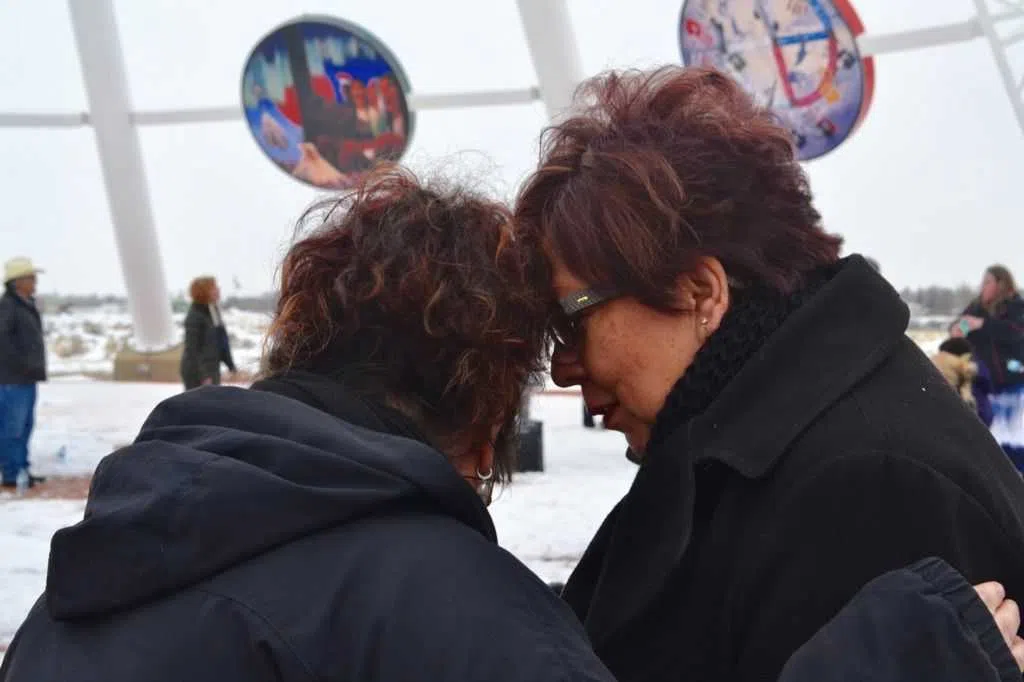
60’s Scoop apology has deep meaning for a local woman
MEDICINE HAT – On Monday, the Government of Alberta issued a formal apology to survivors of the Sixties Scoop.
It’s estimated around 20,000 Indigenous children were ripped from their families by child intervention services and placed with mostly non-Indigenous families.
Many of those children lost touch with their families, communities, culture and traditional language. Some suffered abuse at the hands of their caretakers.
